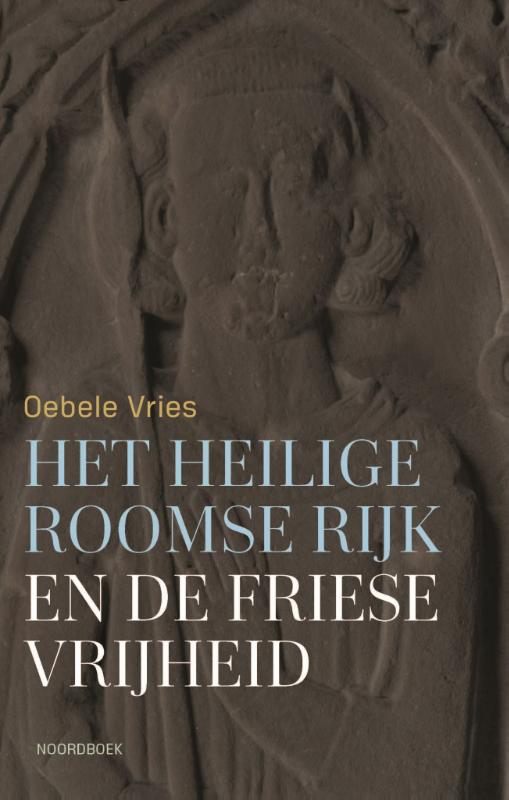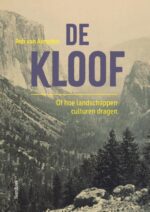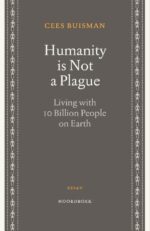Het Heilige Roomse Rijk en de Friese vrijheid
€ 27,90
In het laatmiddeleeuwse Friesland, tussen Zuiderzee en Wezer, was geen plaats voor graven, hertogen of bisschoppen, maar ontwikkelde zich een reeks van ‘republiekjes’, waar óf gekozen rechters óf plaatselijke machthebbers een zwakke vorm van gezag uitoefenden. Dit staat bekend onder het begrip ‘Friese vrijheid’. Friesland was gelegen aan de rand van het Heilige Roomse Rijk, waaronder het ressorteerde. Dit boek laat zien dat dit Rijk in de vijftiende eeuw serieuze pogingen in het werk stelde om de Friese landen in de Rijksstructuur te integreren. Dit gebeurde door de Friese vrijheid te bevestigen en tegelijk de Friese landen nauwer aan het Rijk te binden. Dit uitermate interessante experiment liep uit op een grandioze mislukking. Hiervan wist uiteindelijk een Duitse vorst, hertog Albrecht van Saksen, te profiteren en zo verloor Friesland in 1498 zijn onafhankelijke status.
Het begrip Friese vrijheid klinkt nog steeds door in het hedendaagse Fryslân.
Oebele Vries is historicus. Hij promoveerde op dit proefschrift en is verder de auteur van verscheidene publicaties op het gebied van de middeleeuwse geschiedenis van Friesland, de Oudfriese filologie en de bezettingstijd.
Gerelateerde boeken
-
-
Humanity is Not a Plague
€ 19,90In ‘Humanity is Not a Plague’, Cees Buisman argues that it is possible for 10 billion people to exist together on this Earth – as predicted for the year 2100 – provided that the richer part of the world no longer merely focuses on its own health, prosperity and happiness, and instead starts working seriously on developing a higher consciousness.
In this essay, Buisman sharply analyzes some of the problems facing mankind, such as fresh water shortages, whilst overturning several clichés and offering unexpected, positive solutions. Overpopulation is not the problem; the effects of our actions on the rest of the world have a much greater impact. ‘Back to nature’ is not the solution, nor is an overreliance on science and innovation. Large-scale technologies could even increase our problems. It seems that the growth of humanity will depend on the growth of our consciousness.
Cees Buisman studied water purification engineering, in addition to business administration, communication theory and applied integral psychology. Throughout his life he has worked on new environmental technologies, which are used in industry all over the world. His scientific work is highly cited. Buisman is the Director of Wetsus – European Center for Sustainable Water Technology, and Professor at Wageningen University, in the Netherlands.




